Contents
Choosing a mortgage can be an intimidating experience.
You’re signing up for what is likely to be the biggest debt you ever take on – so you want to be sure you’re making the right decision.
Having recently gone through this exact thought process I thought it might be useful to discuss the factors I used to help me make a decision.
As a disclaimer this is only how I selected the best mortgage for my situation. If you’re unsure about anything then I advise you to seek qualified professional advice. Right, so with that out of the way, let’s examine how I chose my mortgage…
Monthly Repayments
The amount you pay back each month is probably the single biggest factor I considered. After all, I wanted to make sure that my mortgage payments were reasonable and easily affordable.
I asked myself questions such as: “if I lost my job and ended up having to stack shelves at a supermarket could I still meet the payments?”.
While it might be a little tight the honest answer is “yes”.
Another consideration was if either my girlfriend or I couldn’t work due to sickness or redundancy could just one of us meet the repayments? Again, the maths suggested we could.
Lastly is there enough “slack” in our budget so that we could consider overpaying if interest rates stay low, or keep up with repayments if they rise in the future?
I believe that getting familiar with your finances and deciding what you’re willing to spend – not just what the bank says you can afford – is a crucial step.
Repayment Term
Banks are offering ever longer mortgage repayment terms these days. While you can still take out a traditional 25 year mortgage, ever more of us are choosing 30 years or even longer. Clearly that brings your monthly repayments down, but also means you’ll end up paying more in interest over the term.
As a first-time buyer my key consideration was “flexibility”. I didn’t want to box myself into a corner and commit to payments that I can’t afford. Instead I opted for a longer repayment period, with lower payments, while I adjust to life as a homeowner.
Remember that your spending doesn’t stop when the mortgage document is signed – many of us will want to invest in redecorating, garden landscaping and so on in the early years of owning a home. Buying a house can have a significant impact on your budget.
In the near future when my mortgage comes up for renewal and I know my monthly budget better I’ll likely look to shorten the repayment period. In an ideal world I would like to have paid off my mortgage long before I retire.
Interest Rate
Interest rates on mortgages can be “fixed” or “variable”. The first decision I made was to dismiss variable rate mortgages, as your monthly repayments can rise suddenly and significantly. A fixed rate means you know what you’ll be paying this month, next month and maybe even next year.
From here the interest rates offered by banks give you a good indication of affordability. It goes without saying that a lower interest rate means smaller monthly repayments and less repaid overall when you become mortgage-free.
So I compared the interest rates to find those that offered the best deal.
Fixed Rate Period
Fixed rate interest might be a great thing, but that initial teaser rate probably won’t be around forever. At some point in the future that rate will end, and you’ll be swapped onto a variable rate mortgage unless you remortgage with another lender.
In theory, therefore, you’d assume that getting the longest fixed period possible makes sense. It means you’ll know what your repayments are going to be 3 years, 5 years or even a decade into the future.
But hang on there sport. As I learned when getting a mortgage there’s more here than meets the eye. Firstly, banks obviously don’t like taking the risk of guaranteeing your interest rate. That can mean that the longer the fixed rate period, the higher the interest rate really is. A 5 years fixed can be cheaper than a 10 year for example. So this then affects our first point – the monthly repayments.
There’s more. Many mortgage lenders will also charge you a fee if you decide to sell your home or remortgage in that fixed period. So ask yourself how long you really think you’ll be in the property you’re buying.
Maybe you’re buying a “forever home” and honestly expect to still be there in old age.
Or maybe it’s a starter home, and within a few years you’ll start climbing the property ladder.
So what did I do? Well all my life I’ve been plagued by two issues:
Bad neighbours – While it hasn’t always been the case I’ve had so many terrible neighbours over the years that it’s frequently been a motivation to move. When buying a property you have no idea who your neighbours could be. So I asked myself what was the longest I could cope with bad neighbours?
A love for the new – I also easily get bored and love to do something new. Moving home is just one way in which this is expressed.
So the truth is that I opted for only a modest fixed rate period initially. Once I figure out the neighbours and see how I find homeownership then I may remortgage for a longer fixed term. In my case, however, I opted for a 2 year fixed deal.
Deposit Value
Varying deposits can affect the sum that a lender is willing to loan you, and at what interest rate. I had a decent deposit but wasn’t sure if I wanted to put it all into the house. Again, being reasonably risk-averse, I wanted to ensure I had funds for the house purchase and an emergency fund “just in case”.
Along with my broker I therefore played around with different deposit amounts until we found a deal that worked both ways – it allowed me to conserve some capital while bringing monthly repayments to a respectable level.
Overpayment Options
As I mentioned, I took out a 30 year mortgage, but I expect to pay it off before then. I wanted to choose a mortgage, therefore, that allowed me to make overpayments without penalty. The mortgage I chose permits up to 10% of the outstanding mortgage value per year. I think this is quite a generous figure, and I expect to start making use of this going forward.
What I Didn’t Worry About
There are of course additional factors to consider when it comes to mortgages. For example, some lenders will charge you a fee to take out the mortgage, but most are also happy to add this to the balance of what you’re borrowing. The implications of this small added charge are minimal in the grand scheme of things so it didn’t worry me too much.
Conclusion – How to Choose a Mortgage
As a “mortgage virgin” I found selecting the “right” option quite intimidating. Thankfully by mortgage broker Trussle helped a lot in narrowing down the options. In essence I applied the above considerations to the final select and picked the one that seemed to offer the best compromise.
No mortgage is perfect, but hopefully you’ve found it useful to hear my thought process when selecting one you feel good about.



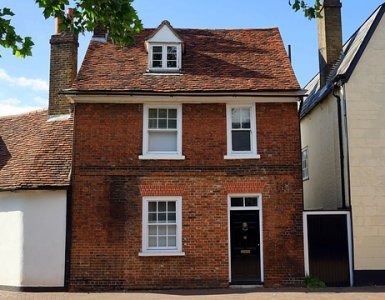

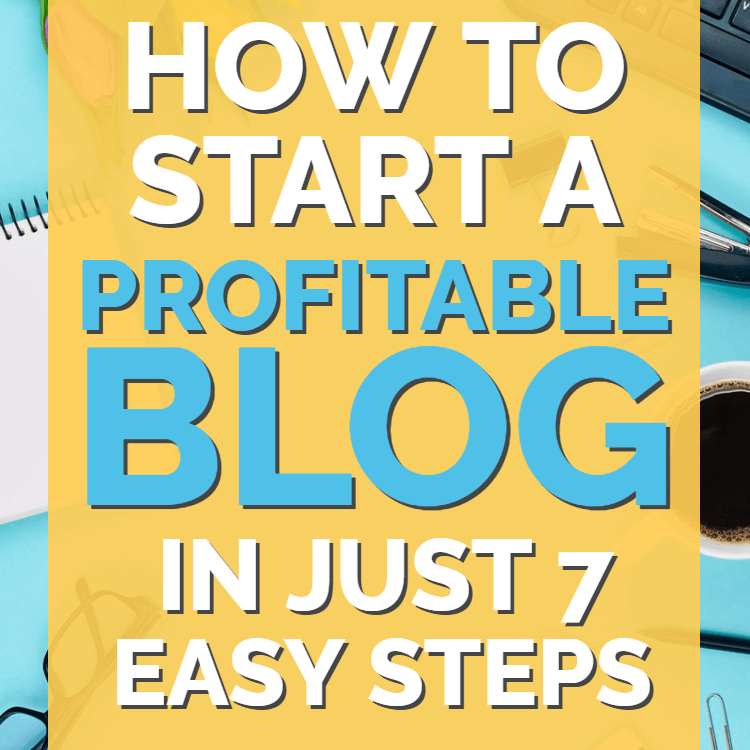
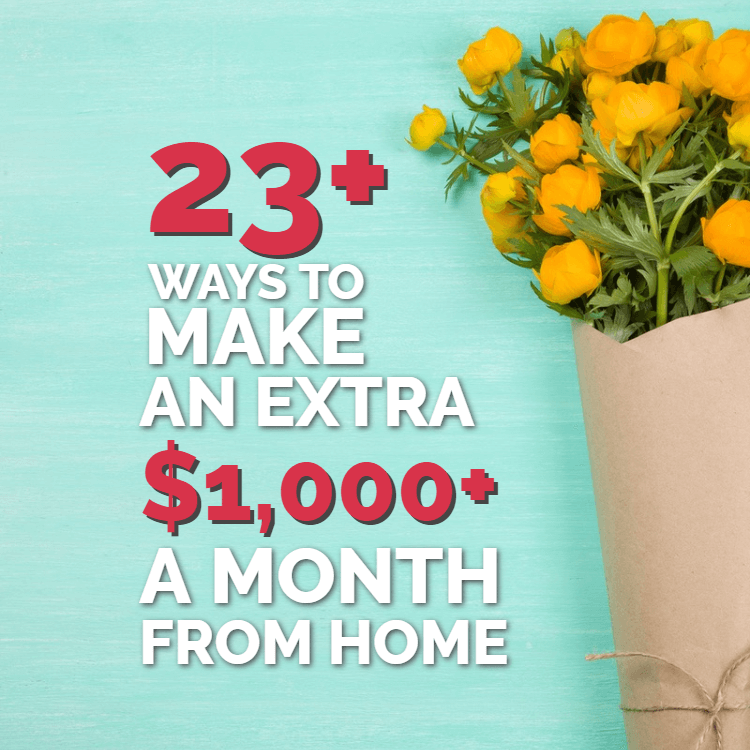
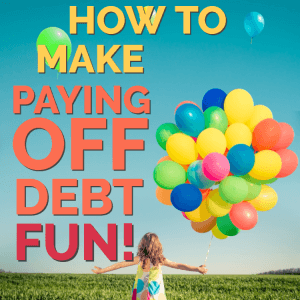
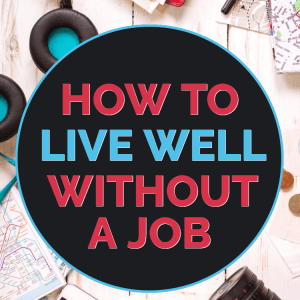
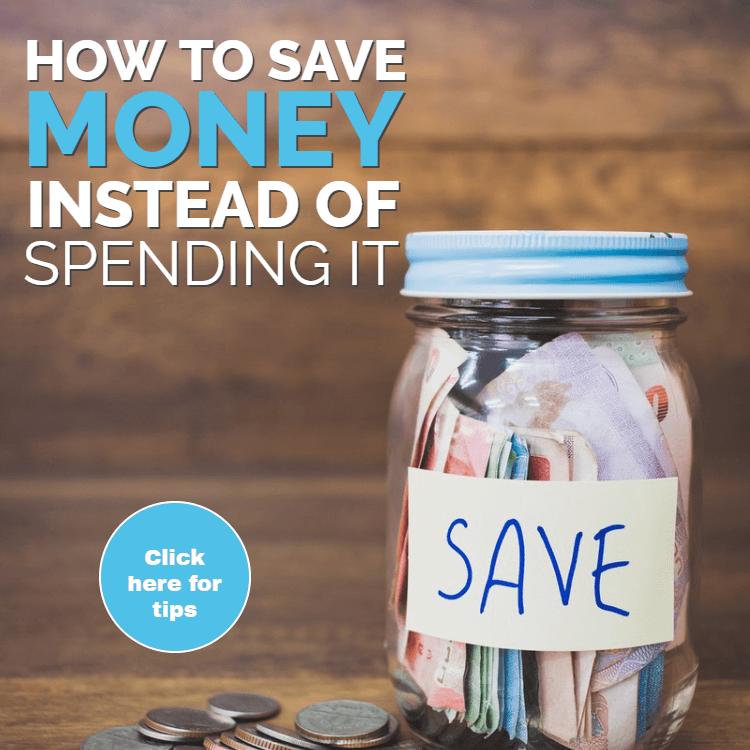
Add comment